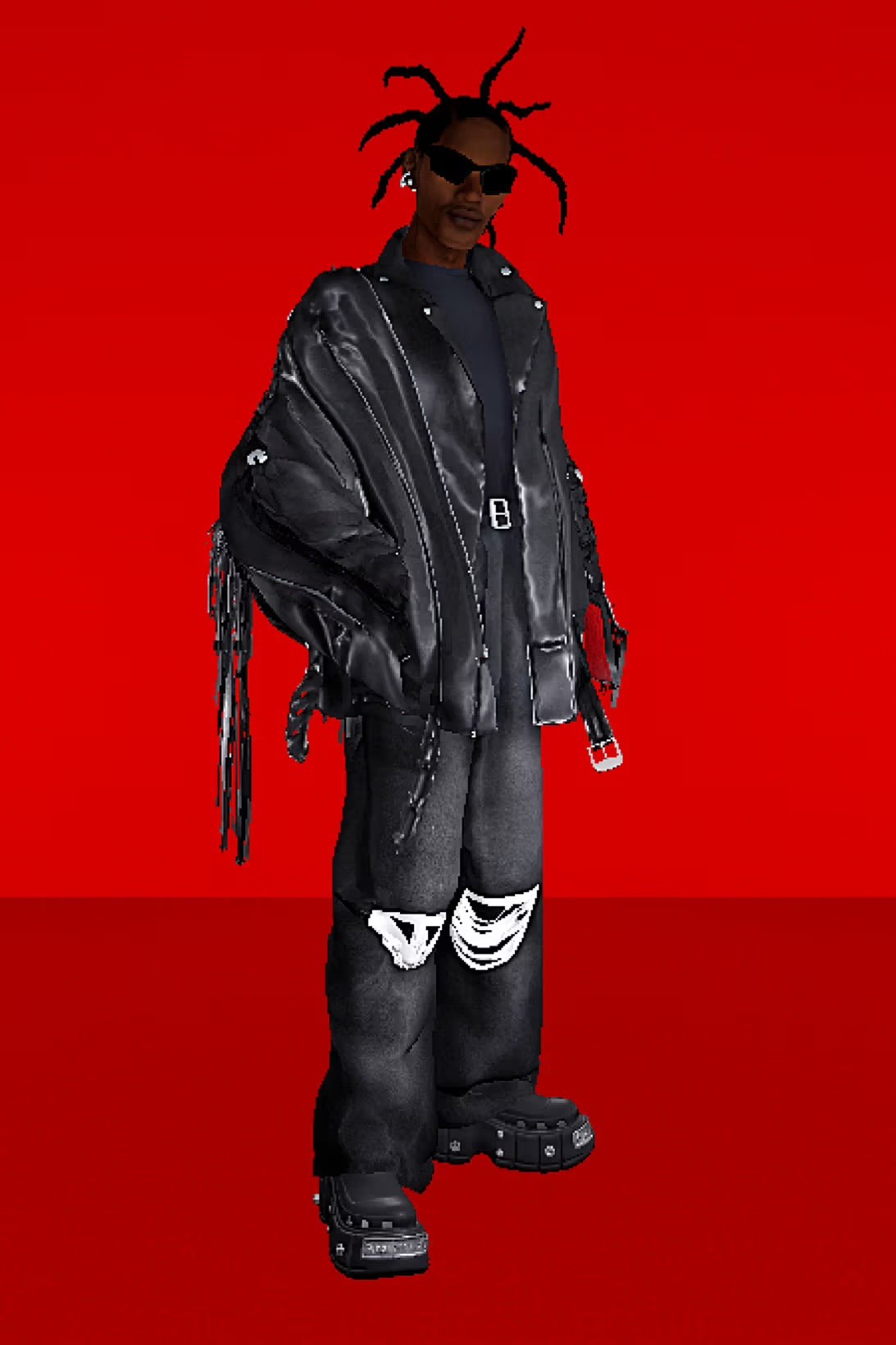Zara-owner Inditex recently made headlines by addressing concerns about the sustainability of its supply chain, specifically in relation to cotton sourced from Brazil. An investigation revealed that cotton linked to environmental and human rights abuses had entered the supply chains of major fashion brands, prompting Inditex to take swift action. The company issued a strong rebuke to the industry’s largest sustainable cotton certifier, questioning the integrity of their certification process.

This move by Inditex highlights the ongoing challenges fashion brands face in ensuring their sustainability claims are backed by genuine practices. As consumer demand for transparency grows, brands are under increasing pressure to verify that their products are not only environmentally friendly but also ethically sourced. For Inditex, one of the world's largest fashion retailers, this situation underscores the complexities of managing a global supply chain while maintaining a commitment to sustainability.
The controversy surrounding Brazilian cotton is part of a broader issue in the fashion industry, where supply chains often span multiple countries with varying levels of environmental and labor standards. Ensuring that every step of the process meets sustainability criteria is a daunting task, but it’s becoming increasingly necessary as consumers become more aware of the impact of their purchases.

Inditex’s response to the situation demonstrates the company’s commitment to improving its sustainability practices. By challenging the certification process and demanding greater accountability, Inditex is setting a precedent for other brands in the industry. This action also reflects a growing trend among major fashion companies to not only adopt sustainable practices but to also rigorously ensure these practices are genuinely upheld throughout their supply chains.
As the fashion industry continues to evolve, transparency and accountability will likely become even more critical. Brands that can effectively manage these aspects will not only protect their reputation but also strengthen their relationship with increasingly conscientious consumers. Inditex’s handling of this issue is a clear example of how leading brands are navigating the complex landscape of sustainability in fashion.




